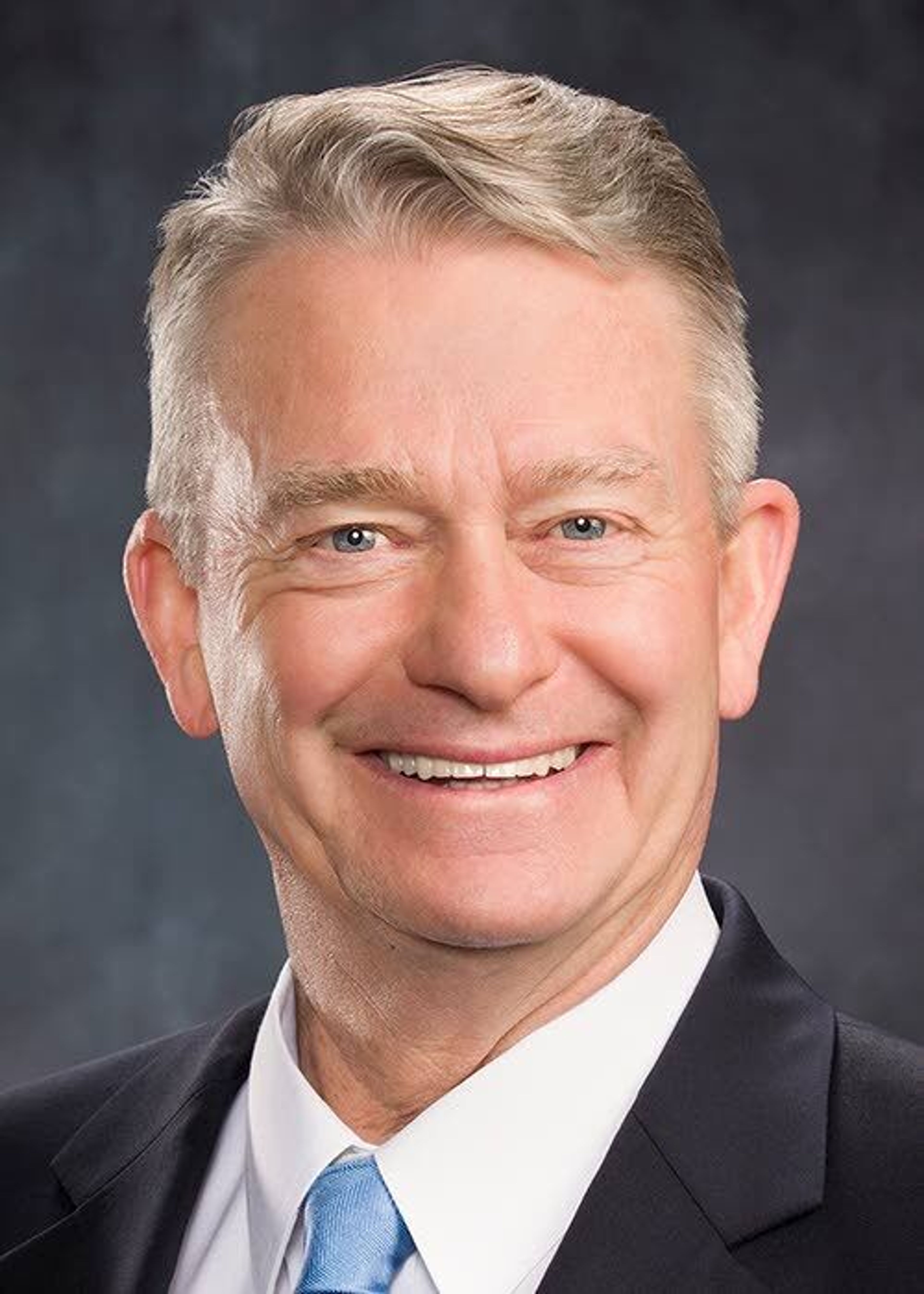Three sue over arrests at Moscow singing event
Former Latah County Commissioner candidate Rench, Moscow couple say city, others allegedly violated their First Amendment rights
MOSCOW — The three Moscow residents arrested for not wearing masks and not social distancing last fall at a church singing event in the Moscow City Hall parking lot are suing the city for allegedly violating their First Amendment rights.
The lawsuit was filed Wednesday in U.S. District Court for the District of Idaho. The lawsuit alleges Moscow police officers’ “reckless indifference” to the rights of the plaintiffs — Gabriel Rench, a Republican who unsuccessfully ran for Latah County Commissioner in November, and married couple Sean and Rachel Bohnet — resulted in their arrest and detainment.
The defendants listed in the lawsuit are the city of Moscow, City Supervisor Gary Riedner, City Attorney Mia Bautista, City Prosecuting Attorney Elizabeth Warner, Police Chief James Fry and police officers Will Krasselt, Carlee Brown and Jake Lee.
Riedner said in an email the city had not received the lawsuit as of Wednesday afternoon.
“This is a lawsuit in order to make reparations for their wrongful arrests and the fact that they were humiliatingly prosecuted for criminal activity when there was no violation of the law,” said Michael Jacques, a Caldwell, Idaho, attorney representing the plaintiffs. “And rather than law enforcement being proactive and recognizing that this was not a violation of the law, they went forward and arrested, and ignorance of the law is no defense for government agencies either.”
Jacques, Rench and Sean Bohnet spoke at a virtual news conference Wednesday.
Moscow police cited Rench, the Bohnets and two others for suspicion of violating the city’s public health emergency order at the Christ Church event, which drew a large crowd Sept. 23 in the City Hall parking lot.
Moscow Mayor Bill Lambert issued the order in the summer and it has been extended by the Moscow City Council until June 9. It states face coverings must be worn in public where 6-foot physical distancing cannot be maintained with nonhousehold members.
The singing event was a means to protest that face mask/social distancing order, Jacques said.
In addition to the citations, Rench was arrested but not charged with allegedly refusing to identify himself to police and the Bohnets were arrested for suspicion of resisting or obstructing officers after allegedly refusing to identify themselves.
The lawsuit also alleges the Bohnets’ Fourth Amendment rights were violated because the couple was “not engaged in or suspected of committing a crime.” It says during a religious activity and protest — activities protected by the First Amendment — the government cannot force a person to identify themselves to police, compromising their anonymity, when not engaged in criminal behavior.
All five who were cited and/or arrested pleaded innocent to the misdemeanor charges. The city dismissed those charges in January because the order, while intended to apply to all people in the city, did not specifically say it applies to speech, press, assembly and/or religious activity protected by the Idaho and U.S. constitutions.
Later in January, the City Council unanimously approved an ordinance that does not exempt activities, like those previously mentioned, from public health emergency orders under city code.
Rench said at Wednesday’s news conference that the council made the ordinance to “continually target religious members in our community and continually target political opponents that they disagree with.”
The lawsuit says the plaintiffs seek “no less than nominal damages for the violation of their constitutional rights and punitive damages for the reckless indifferences to their protected core political and religious rights.”
“The point of this is not necessarily pecuniary gain,” Jacques said. “It is to make a point with the government agencies that they can’t ignore their limitations and they need to prioritize our First Amendment rights and our freedom to be able to gather and to peaceably protest against government agencies.”
Sean Bohnet said that he hopes the lawsuit brings “real justice to our situation” and reminds elected officials and others who serve residents that they must not forget the laws that govern them.
Cabeza can be reached at (208) 883-4631, or by email to gcabeza@dnews.com.









